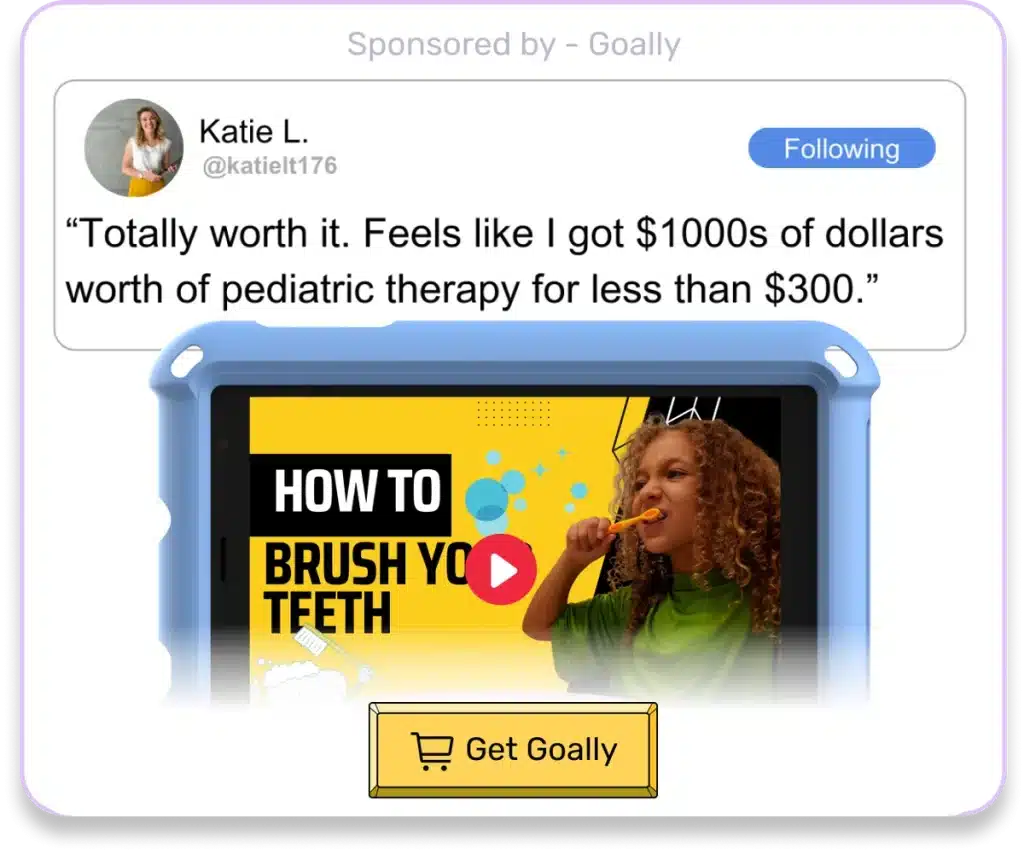Social skills worksheets help kids develop important abilities like communication, empathy, and cooperation, which are essential for navigating social interactions. In this blog, I’ll guide you through practical tips, examples, and helpful resources to improve your child’s social skills with fun, engaging worksheets.
Key Takeaways:
- Social skills worksheets can build communication, emotional understanding, and teamwork.
- Customizing worksheets for your child’s learning style ensures better engagement.
- Practical exercises like role-playing scenarios, conversation starters, and emotion matching activities are highly effective.
- Worksheets can be especially helpful for neurodivergent kids, giving them structured ways to practice social interaction.
How do these social skills worksheets work? Social skills worksheets are designed to teach children how to interact with others in various social settings. They help kids build communication, understand emotions, and develop teamwork. They incorporate activities that guide children in practicing conversations, reading body language, and expressing emotions, all while making it fun and interactive.
Table of Contents
Why Social Skills Matter for Kids
Kids do well when they can understand and handle social situations. Whether it’s sharing toys, making friends, or resolving conflicts, good social skills help build positive relationships and emotional health. These skills are even more important for neurodivergent kids or those with learning differences, as practice can make social interactions easier.
I’ve seen firsthand how these skills can affect a child’s overall development. Social challenges can make school harder, lead to misunderstandings, and even cause anxiety in group settings. On the other hand, when kids learn to communicate well and interpret others’ emotions, they tend to feel more confident, connect better with peers, and enjoy school and social settings more.

Read more: How to Develop Social Skills in Students
How Social Skills Worksheets Can Help
Social skills worksheets offer guided, structured activities that teach kids how to behave in different social situations. These worksheets often include:
- Role-playing scenarios where kids practice responses to real-life situations.
- Conversation starters to help kids initiate and continue meaningful discussions.
- Emotion matching activities that teach kids to identify and express their own and others’ feelings.
For example, one worksheet might ask kids to circle the right response when someone says, “Can I play with you?” This type of exercise not only teaches appropriate responses but also gives kids the confidence to use them in real-life situations.
Best Practices for Using Social Skills Worksheets
As you introduce social skills worksheets to your child, consider these strategies to make the most of the experience:
- Personalize the Worksheets: Adapt the content to fit your child’s interests or current social challenges. For instance, if your child struggles with making friends, focus on worksheets about starting conversations.
- Use Positive Reinforcement: Celebrate small victories! Whether it’s successfully completing a worksheet or using a new skill during playtime, positive feedback encourages your child to keep practicing.
- Practice Regularly: Social skills, like any other skill, require repetition. Set aside time weekly for your child to work through these worksheets, then reflect on what they’ve learned.
Worksheets can be particularly beneficial for neurodivergent kids who may find social situations overwhelming. By breaking down social skills into smaller, more manageable steps, these kids can build their confidence and develop tools to navigate the world more comfortably.
Top 5 Social Skills Worksheets Every Parent Should Try
If you’re wondering where to start, here are five highly recommended worksheets that can help develop your child’s social abilities:
- Emotion Matching: This worksheet helps kids identify emotions based on facial expressions, teaching them to read body language and empathize with others.
- Role-Playing Scenarios: Kids practice common social interactions, like introducing themselves or sharing toys.
- Conversation Starters: These worksheets offer prompts to help kids start and maintain conversations.
- Problem-Solving Puzzles: Kids learn how to resolve conflicts by working through different solutions to social problems.
- Group Activities Worksheet: Focuses on teamwork and cooperation by encouraging group participation in activities, helping kids understand the importance of collaboration.
Each of these worksheets can be tailored to your child’s specific needs, whether they need help with making friends, understanding emotions, or learning to work in a team.

Read more: How To Improve Social Skills in Kids | Step-by-Step Guide
How to Create Your Own Social Skills Worksheets
Feeling creative? You can design custom worksheets that directly address your child’s unique social challenges. Here’s how:
- Identify the Skill: What specific social skill does your child need help with? Whether it’s making eye contact or resolving conflicts, pinpoint the exact area for improvement.
- Design Fun Activities: For younger kids, use coloring or matching games to make learning more engaging. Older kids might enjoy role-playing scenarios where they choose the correct response.
- Incorporate Real-Life Examples: Use situations your child has encountered in school or playdates, making the worksheet more relatable and practical.
Social Skills Worksheets for Neurodivergent Kids
Social skills worksheets help neurodivergent kids with social interactions. They provide clear guidance for practicing common social situations in a stress-free way. For example, a worksheet might explain how to greet someone new or ask for help.
Neurodivergent kids often benefit from repetition, so worksheets that allow for repeated practice of the same social skill can be incredibly helpful. This kind of structure is comforting and makes it easier for them to absorb new behaviors.
Goally | Skills Training Videos for Kids
Does your child need some extra guidance on building essential life skills? Goally’s TV app for kids has the most robust video library of skills training videos for kids. Ranging from content like “How to Brush Your Teeth” to “How to Make Friends at School,” we have dozens of interactive video lessons for kids with thinking and learning differences.
Dive into the Goal Mine channel, where Puffy the Penguin leads your child through behavior skills training videos. They’ll learn social, hygiene, and living skills that are key to their independence. For those moments when they need a break, the Chill Zone channel offers low stimulation video content with Paulie the Penguin at the beach, perfect for relaxation and self-regulation.
Using social skills worksheets can help your child develop key social abilities. With a personalized approach, these worksheets can boost communication, emotional understanding, and teamwork in a way that suits your child’s needs. Whether it’s conversation starters or role-playing exercises, these worksheets make learning fun and interactive, offering lifelong benefits in social settings.
Resources:
FAQ about Social Skills Worksheets
What are social skills worksheets?
Social skills worksheets are educational tools designed to teach kids essential interpersonal abilities through fun and engaging activities.
How can social skills worksheets help my child?
These worksheets can improve your child's communication, empathy, conflict resolution, and other crucial life skills by providing structured learning opportunities.
Are these worksheets suitable for neurodivergent kids?
Absolutely! Social skills worksheets offer tailored strategies that respect the unique ways neurodivergent children process the world around them.
Can I use these sheets at home or are they just for school settings?
Social skill worksheets can be used both at home and in school settings - they're versatile tools designed to fit into various environments where your child interacts with others.
Where can I find free printable social skill worksheets?
There are numerous online resources that offer free printable social skill worksheet; you'll find some great options linked throughout this blog post.
This post was originally published on 02/15/2024. It was updated on 09/27/2024.

Hennah is an experienced writer and researcher, helping children with autism, ADHD, and other neurodivergent conditions. As a blog contributor for Goally, she combines her deep understanding of neurodiversity with practical advice, offering valuable insights to parents and educators.






